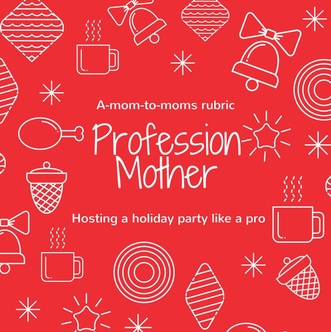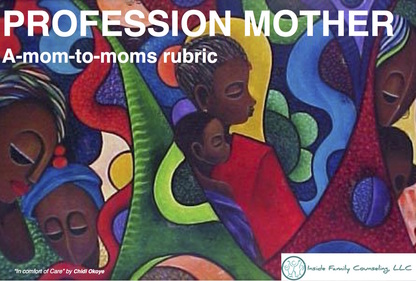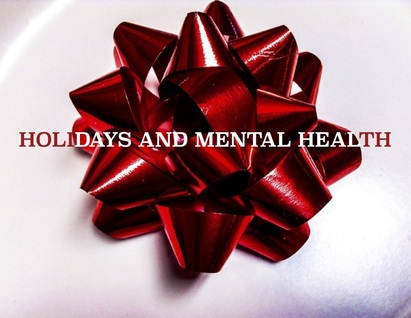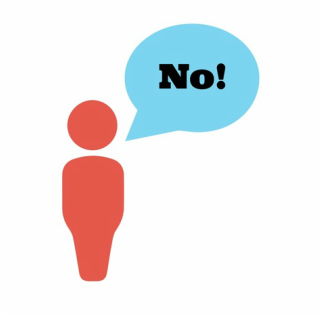
I make it sound easy, but many of you know that it is not quite as simple as that. To help you celebrate the holidays like a pro and be the best mom ever, here are a few simple steps to keep in mind:
1. Plan and manage your time wisely - stressing yourself about decorating, cooking, cleaning and taking care of the kids all at the same time would ruin the fun of having your friends and family over.






 RSS Feed
RSS Feed